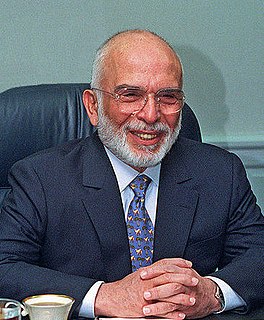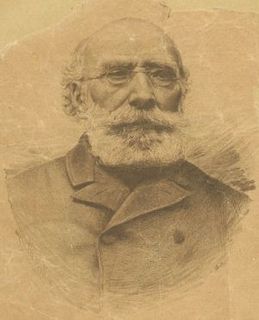A Quote by Luis Bunuel
The decline of the aperitif may well be one of the most depressing phenomena of our time.
Quote Topics
Related Quotes
The dilemma of our age is the combination of unprecedented material progress and systematic spiritual decline. The decline in public and private morality can be witnessed in the marketplace as well as the forums of international diplomacy. In the past, a man's honor and reputation were his most valuable assets. Business agreements were made with a handshake. Today one might be well advised to check the "bottom line" and read the "small print."
In experimental philosophy, we are to look upon propositions inferred by general induction from phenomena as accurately or very nearly true, notwithstanding any contrary hypotheses that may be imagined, till such time as other phenomena occur by which they may either be made more accurate or liable to exceptions.
A decline in courage may be the most striking feature that an outside observer notices in the West today. The Western world has lost its civic courage . . . . Such a decline in courage is particularly noticeable among the ruling and intellectual elite, causing an impression of a loss of courage by the entire society.
Our alleged facts might be true in all kinds of ways without contradicting any truth already known. I will dwell now on only one possible line of explanation, - not that I see any way of elucidating all the new phenomena I regard as genuine, but because it seems probable I may shed a light on some of those phenomena. All the phenomena of the universe are presumably in some way continuous; and certain facts, plucked as it were from the very heart of nature, are likely to be of use in our gradual discovery of facts which lie deeper still.
We may wonder at the choice of Israel and Rome as the archetypes of the new nation, in view of the long history of suffering of the former and the decline of the latter. We may wonder that our ancestors over-looked the darker days of those earlier nations. They did not. They hoped to construct a republic on principles to sound that if we should decline in piety and public virtue we would meet the inexorable fate of nations, which are as but dust in the hands of God.
Most poets, most good poets even, no longer have the heart to write about what is most terrible in the world of the present: the bombs waiting beside the rockets, the hundreds of millions staring into the temporary shelter of their television sets, the decline of the West that seems less a decline than the fall preceding an explosion.
In the art of teaching, we recognize that ideas and insights need to cook over a period of time.
Sometimes the student who is least articulate about expressing the ideas is in fact the one who is absorbing
and processing them most deeply. This applies as well to our own private learning of our art form; the
areas in which we feel most stuck and most incompetent may be our richest gold mine of developing
material. The use of silence in teaching then becomes very powerful.






































